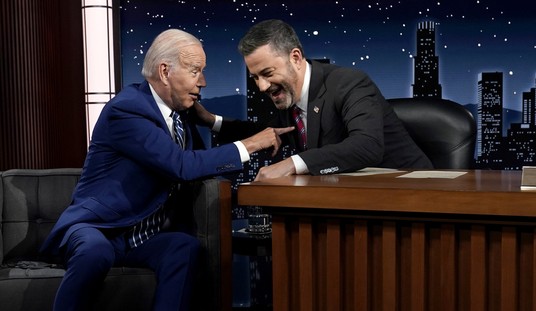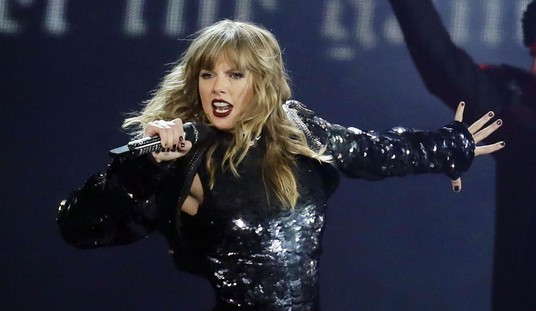Yesterday’s split decision on mandates at the Supreme Court may not have made a lot of people happy, but it followed fairly easily understood constitutional principles. Not everyone comprehends them, apparently, even those as basic as who writes the laws. Hence we get this cri de coeur from the New Republic’s Matt Ford, who’s aghast at the thought that executive branch agencies require authorization from Congress to assert jurisdiction and regulate:
More ominous is the basic mindset that girds the conservative justices’ thinking in both cases. In its view, the executive branch cannot use its existing powers imaginatively to address novel matters of public concern. “It is telling that OSHA, in its half century of existence, has never before adopted a broad public health regulation of this kind—addressing a threat that is untethered, in any causal sense, from the workplace,” the majority wrote. “This ‘lack of historical precedent,’ coupled with the breadth of authority that the Secretary now claims, is a ‘telling indication’ that the mandate extends beyond the agency’s legitimate reach.” …
The real ruling appears to be this: The Biden administration can only try new solutions to new problems if it runs them through a gerrymandered House and a filibuster-friendly Senate first. All those laws that Congress already spent two centuries writing and updating? They don’t count anymore—or, barring that, there are countless new restrictions and limits to be found in their text. Don’t even try to argue that something like Congress’s half-century mandate for OSHA to provide “safe and healthful working conditions” covers a mere nuisance like Covid-19. Oh, and if you’re going to argue a case in person before the Supreme Court this term, please participate remotely if you test positive. The justices don’t want to be exposed to the virus at work.
Where does one start with this? Let’s work backward. First off, OSHA didn’t impose that restriction on the Supreme Court — they imposed it on their own workplace. Employers are free to impose such mandates on their own without OSHA. Congress’ authorizing statute for OSHA clearly contemplates the regulation of workplace-specific hazards created by employers that might present a risk to the safety of workers. There’s a reason why the term “Occupational” exists within the agency’s name. Congress granted no authority to OSHA to go beyond occupational safety hazards and extend its jurisdiction over all safety and health risks.
As far as Congress being dysfunctional for two centuries of gerrymandering and filibustering, Ford should cast his eyes to the date in the OSH Act of 1970. Congress last amended this authorization in 2003-4, in fact. If Congress wanted to extend OSHA’s authority to cover this kind of broad, almost limitless jurisdiction, it could have taken up that question before Joe Biden issued his mandate. However, Biden never even bothered to ask Congress, even during the Delta wave when it might have been inclined to consider an OSHA expansion.
Needless to say, it’s hardly “ominous” for the Supreme Court to recognize the basics of constitutional structure. Congress writes the laws, and the executive branch enforces them. That same separation of powers exists in every state government as well, so it’s not even an esoteric point. It’s basic American civics.
Even in agency law, it’s so basic that a failure to recognize it is either incompetence or intentional obtuseness. Congress and the executive branch each cede some authority in the creation of regulatory agencies such as OSHA. However, that is accomplished by carefully erecting boundaries of authority and jurisdiction. Emergencies or not, Congress and the executive have to work together to change those boundaries. If they don’t and the executive branch violates them, no one should be surprised when the court yanks the agency back into compliance with the law.
Thus the mandate on private employers via OSHA got suspended pending full court review. The other case differs significantly from the OSHA situation, which is why it had a different outcome. For those facilities funded by the Centers for Medicare and Medicaid Services (CMS), its parent HHS has the authority to set conditions on payments, including the work environment in which their services are delivered. Congress made that authorization in statute broad enough to argue against a stay while the merits of the vaccine/test mandate get heard in court.
It’s beyond irony that a magazine titled The New Republic seems to have this much trouble grasping basic republican constitutional facts. That’s “ominous” too, at least for TNR’s credibility.








Join the conversation as a VIP Member